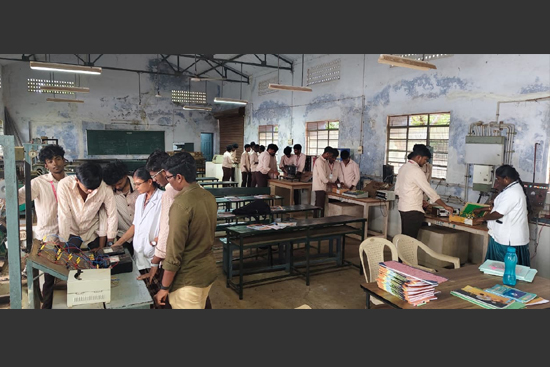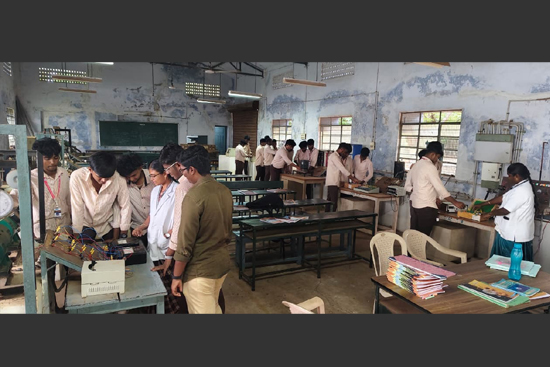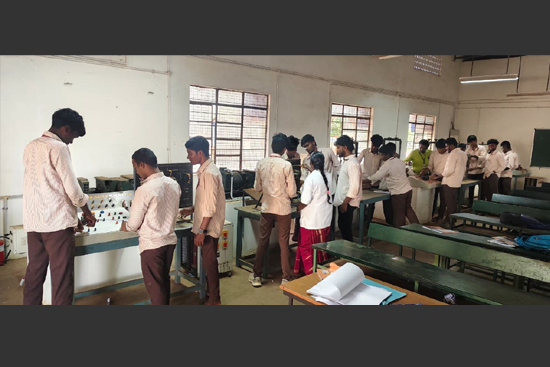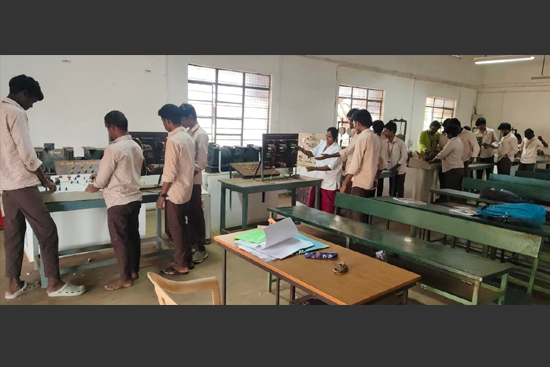Department of Electrical and Electronics Engineering
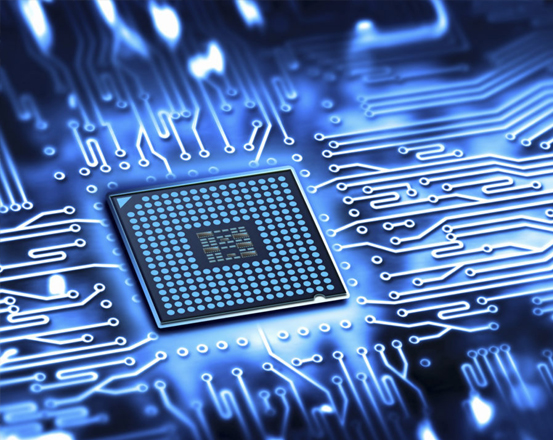
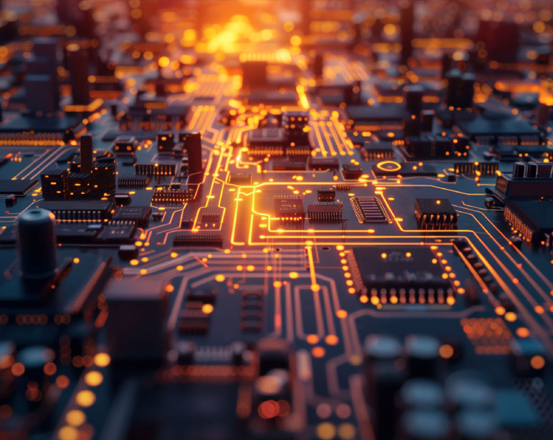
Introduction
The Department of Electrical and Electronics Engineering (EEE), established in 1984, is one of the foundational pillars of M.I.E.T. Polytechnic College. This department has been consistently nurturing skilled professionals who contribute to the advancement of the electrical and electronics industries across India and abroad.
The program is designed in alignment with the Directorate of Technical Education (DOTE), Chennai, ensuring that students receive a robust education in both traditional electrical systems and modern electronic applications. With expert faculty, well-equipped laboratories, and exposure to industry trends, the department ensures students are prepared for dynamic careers and lifelong learning.
Diploma in Electrical and Electronics Engineering – Course Overview
This three-year (six-semester) program builds a strong foundation in electrical theory, electronics, power systems, and control applications. It integrates core science with applied engineering principles to shape multi-disciplinary engineers.
Key Areas of Study
- Electrical Machines – AC & DC
- Power Systems & Electrical Drives
- Circuit Theory and Control Systems
- Power Electronics and Microcontrollers
- PLC Programming and Automation
- Renewable Energy Systems
- Embedded Systems
Software & Tool Proficiency
- AutoCAD Electrical – Electrical drawing and planning
- Proteus / Multisim – Circuit simulation and analysis
- PLC Programming – Ladder logic and industrial automation
- Simulation Tools – For motor performance and control systems
Curriculum Highlights
- Core Electrical Subjects – Covering Electrical Machines, Wiring, Circuit Analysis, Power Systems, and Instrumentation.
- Modern Electronics – Including Digital Electronics, Embedded Systems, and Microcontroller Applications.
- Control and Automation – PLC, SCADA basics, and control systems for industry.
- Skill-Based Training – Hands-on lab work, project-based learning, and industrial visits.
- Capstone Projects – Application-focused projects in energy, robotics, or automation.
Department Goals
- To strengthen collaboration with power and electronics industries.
- To introduce innovations in teaching, training, and lab simulations.
- To encourage students toward green energy practices and smart systems.
- To promote research, innovation, and startup culture in power electronics and automation.
Department Mission
- To provide students with industry-relevant knowledge in electrical and electronics engineering.
- To promote a strong ethical and environmental outlook in engineering practices.
- To prepare students for emerging trends in energy, automation, and embedded technology.
Laboratories & Facilities
The department maintains a range of well-maintained laboratories designed to develop hands-on skills and technical competence:
Electical Machines 1 Lab
Electical Machines 2 Lab
- Basic Electrical & Electronics Lab – Foundational experiments in circuits, diodes, and transistors.
- Electrical Machines Lab (AC & DC) – Study of motors, generators, and transformers.
- Power Electronics & Drives Lab – Converters, inverters, rectifiers, and motor control.
- PLC & Microcontroller Lab – Programming and interfacing industrial systems.
- Electrical Wiring & Winding Lab – Domestic and industrial wiring, motor winding techniques.
- Electrical Simulation Lab – Modeling of electrical circuits using software tools.
- Control Systems Lab – Study of sensors, feedback mechanisms, and automation.
- AutoCAD Lab – Drafting of electrical layouts and panel designs.
- Computer Hardware & Networking Lab – Basics of hardware troubleshooting and LAN/WAN.
- Biomedical & Instrumentation Lab – Basics of instrumentation for healthcare technology.
Career Opportunities
Core Electrical Roles
- Electrical Design Engineer
- Maintenance & Service Engineer
- Power System Technician
- Control Panel Designer
- Lighting & Energy Auditor
Government Sector
- Tamil Nadu Electricity Board (TNEB)
- NTPC, BHEL, ISRO, and other PSUs
- Indian Railways
- Defense and Public Infrastructure Projects
Private Sector Opportunitie
- Automation and PLC industries
- Solar & Renewable Energy Firms
- Electronics Manufacturing Services
- Infrastructure, Construction & Real Estate MEP Divisions
Higher Studies & Certifications
- Lateral entry into B.E. (EEE / ECE)
- Certifications in PLC/SCADA, Embedded Systems, Renewable Energy
Entrepreneurship
- Startups in solar installation, industrial wiring, control panel fabrication
- Repair and servicing units for electrical appliances and systems
Emerging Domains
- Smart Grid & IoT-Based Energy Systems
- Electric Vehicle Charging Infrastructure
- Home Automation and Smart Devices
- Industrial Robotics and Process Control
The Department of Electrical and Electronics Engineering at M.I.E.T. Polytechnic College empowers students with technical precision, ethical grounding, and forward-thinking innovation. With a focus on blending core concepts with evolving technologies, the department is committed to producing graduates who will lead the future of energy, automation, and intelligent systems.
Faculty List
| S.NO | NAME | DESIGNATION | QUALIFICATION | EXPERIENCE | STAFF PHOTO |
| 1 | S.KESAVA RAJ | HOD | ME | 15YEARS |  |
| 2 | MOKANA PRIYA S | LECTURER | BE | 3 YEARS | 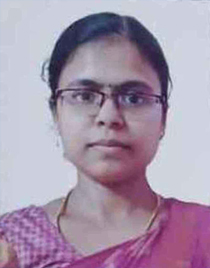 |
| 3 | THARAGESHWARI T | LECTURUER | ME | 2 YEARS | 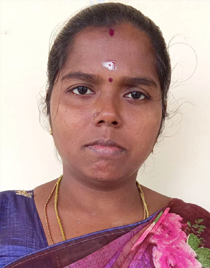 |
| 4 | PAVITHRA M | INSTRUCTOR | BE | 3 MONTHS | |
| 5 | FAKRUDEEN ALI AHAMED S | INSTRUCTOR | I.T.I | 24 YEARS |  |
Contact Us

S.KESAVA RAJ ME
HOD
S.KESAVA RAJ ME
HOD

